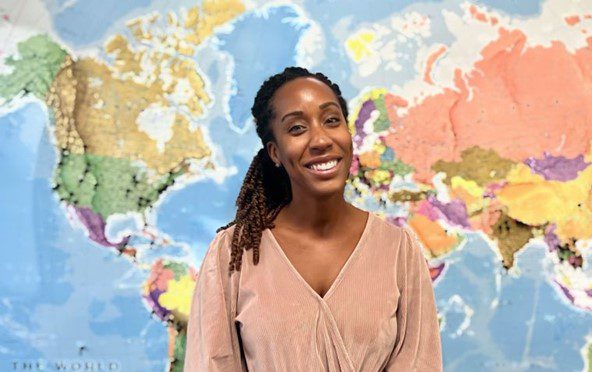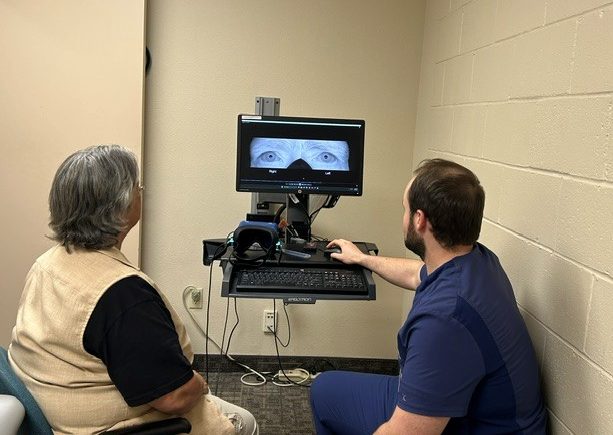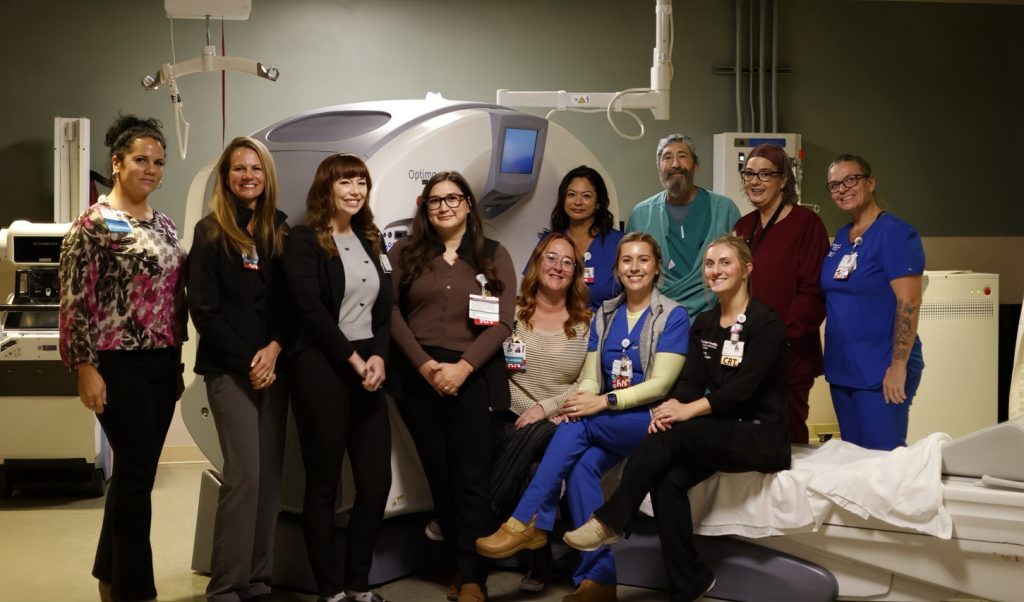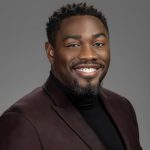 By Tosan O. Boyo, president, Sutter Health Greater East Bay Market
By Tosan O. Boyo, president, Sutter Health Greater East Bay Market
In honor of Black History Month, Vitals editors are pleased to share a series of blog posts by Tosan O. Boyo, president of Sutter Health’s Greater East Bay Market, in which he interviews Black healthcare providers on how and why they’re working to change healthcare.
This article is part one of the series. Read part two here and part three here.
Dr. Stephanie Brown
Stephanie Brown MD, MPH is the medical director for Sutter Health’s Institute for Advancing Health Equity and a board-certified emergency physician practicing at Sutter’s Alta Bates Summit Medical Center’s Berkeley and Oakland campuses.
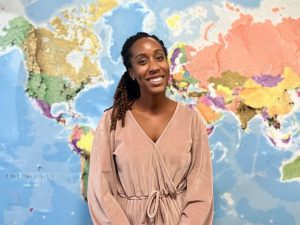
Dr. Stephanie Brown
Q: Describe the moment you realized you’d be dedicating your life to healthcare.
A: In college, I majored in History of Science and History of Medicine and developed a deep understanding of how our healthcare system has been intertwined with our greater societal values, ups, and downs at any given point throughout time. I committed to applying those historical learnings to creating a more just and equitable healthcare system for all.
Q: What healthcare problem do you feel called to solve and why?
A: I feel called to explore ways that our healthcare system can build better partnerships with the communities from which our patients come to us for care, so that we might better understand and improve the social drivers of health that determine so much of our patients’ overall health.
Q: How does your unique lens of the world aid you in solving this problem?
A: I was raised in Chicago by two physician parents. From a young age, my parents instilled in me the value that with great privilege comes the great responsibility to advocate for the most vulnerable among us, to speak up for change, and to use my voice to inspire others to join the quest for justice. As a safety-net physician working in the Emergency Department, I witness daily the ways our society fails to protect vulnerable people, and also the great resilience of humankind. To solve for the social drivers of health, means to build a strong foundation of support that centers and invests in the communities we serve.
Q: What are your hopes for the future of healthcare?
A: I hope to see more robust investment in the career pipeline to healthcare, so that one day our workforce can be a true representation of our society. I also hope to see more representation of patients of color in research, so that our data and findings might better help solve the ever-widening gaps in outcomes for these communities. Finally, I hope that the great profession of medicine will continue to hold fast to the greatest gift we have been given, which is the public’s trust in us to provide high quality care to all we are called to serve.
Dr. Gerard Pierre Jenkins
Gerard Pierre Jenkins, M,D, MA, MA is chief medical executive of Sutter’s Eden Medical Center in Castro Valley. He’s a board-certified physician who has treated the most vulnerable patients across safety-net clinics and community hospitals.
Q: Describe the moment you realized you’d be dedicating your life to healthcare.
A: I have always loved the biological sciences, so I declared as a Biochemistry major at the University of Michigan, Ann Arbor. During my sophomore year, I had a family member who was hospitalized for several days. I recognized at that moment the kindness, knowledge, and empathy that is required with direct patient care. While I still have a passion for the biological sciences and research, I appreciate the opportunity to serve communities as healthcare provider, as well as a healthcare leader.
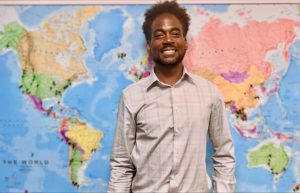
Dr. Gerard Jenkins
Q: What healthcare problem do you feel called to solve and why?
A: The question I always aim to solve is “how can we do better for the community and for the underrepresented population?” For over 20 years I have been embedded in community health. I have always reflected on how to provide the best quality of care for the general population, including underrepresented communities, while having limited resources available. While it has been an honor to work in the community health setting, for some patients there is a lack of trust. Some patients have not utilized healthcare for this reason. I have seen patients that have had preventable strokes, delayed cancer diagnoses, or even undiagnosed diabetes, all of which could have been addressed at an earlier time.
Q: How does your unique lens of the world aid you in solving this problem?
A: I have been fortunate to have opportunities to serve as a chief medical officer of a federally qualified health center and a community hospital. It is not always the case for someone to be able to lead from the perspective on the inpatient side as well as the outpatient side. I think addressing this problem from both the inpatient and outpatient side would be a unique opportunity for community health.
Q: What are your hopes of the future of healthcare?
A: I hope healthcare continues to grow, have a diverse work force, have opportunities for new technologies, creates new solutions, and solves novel problems. I am personally very excited for the future healthcare, and I hope others feel the way I do.

